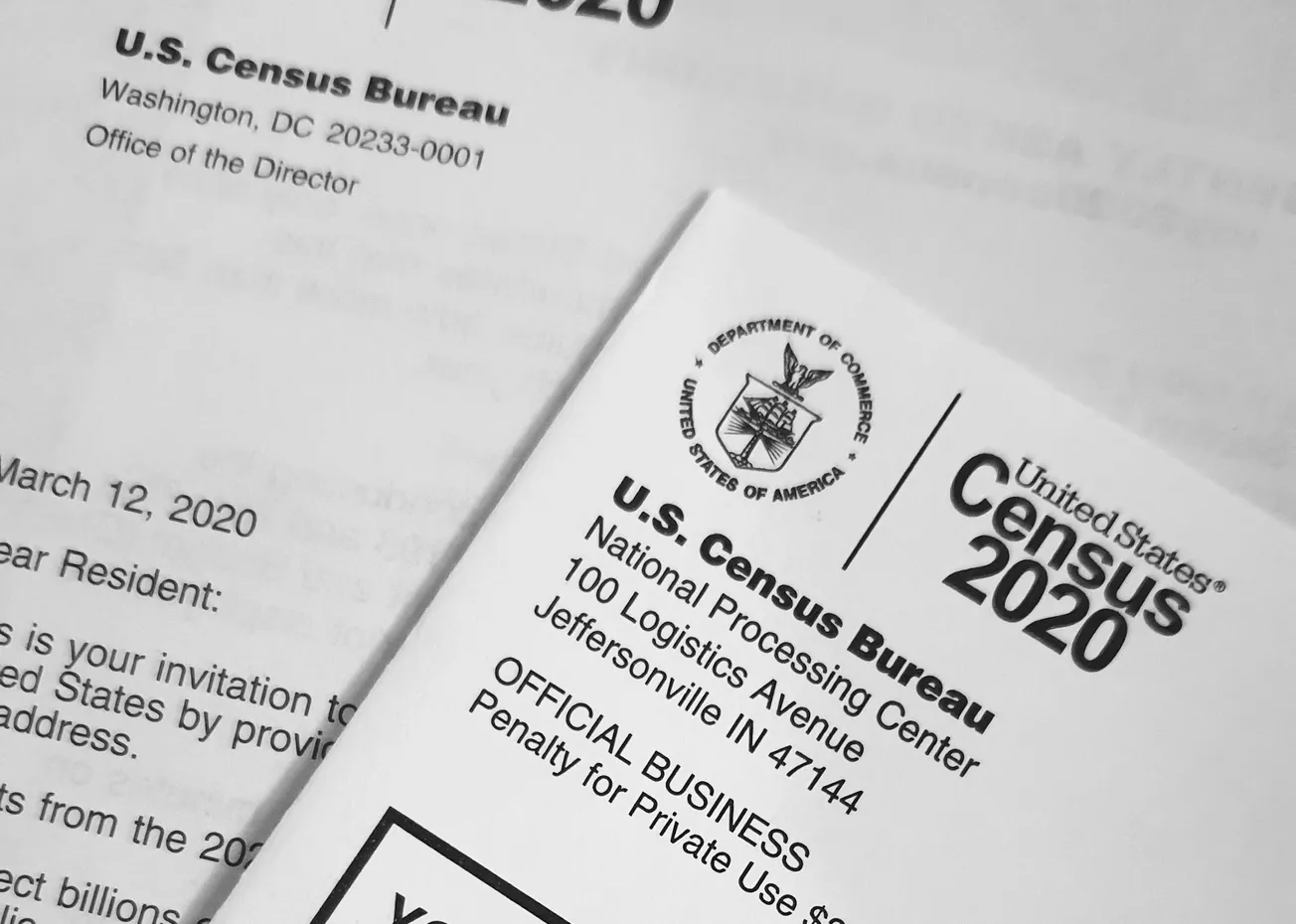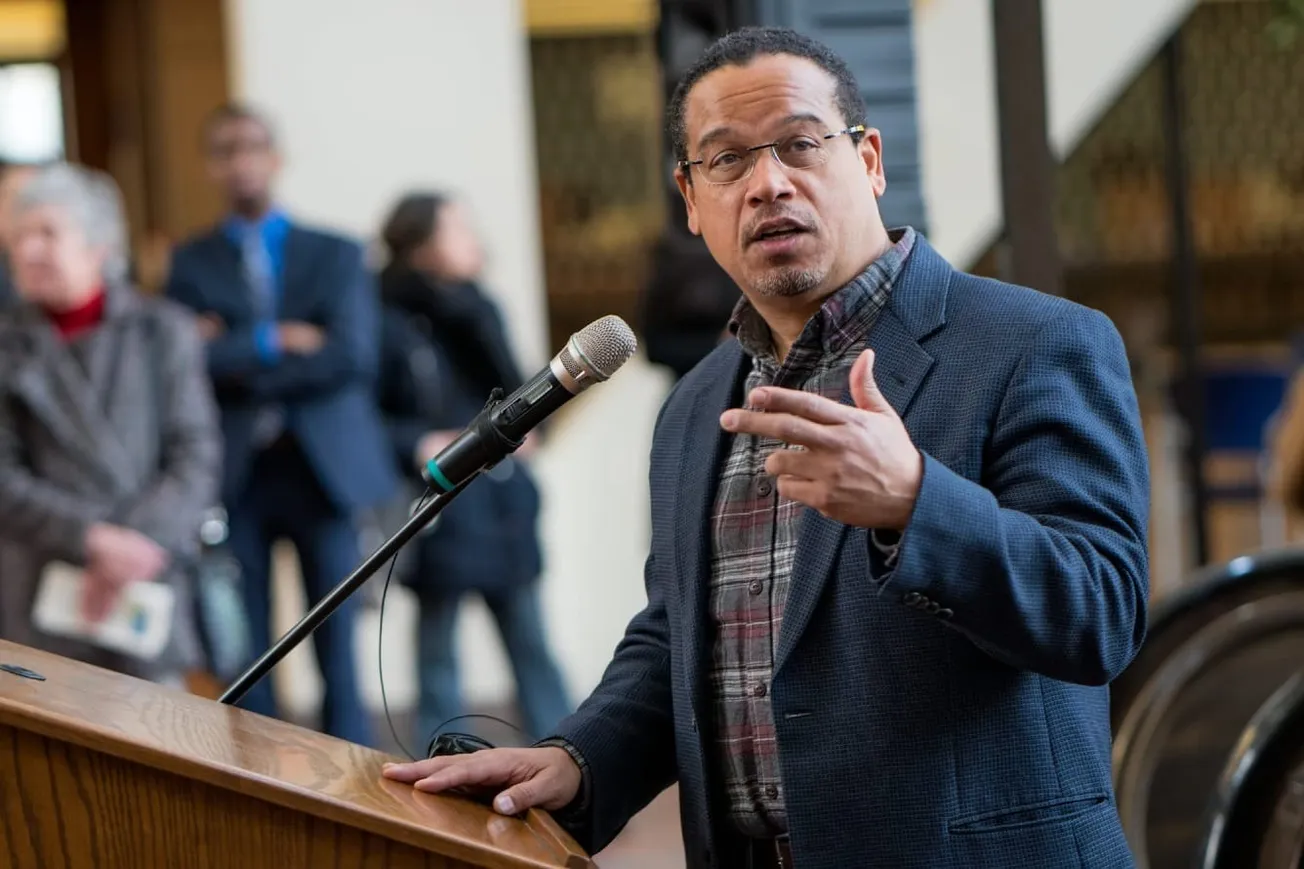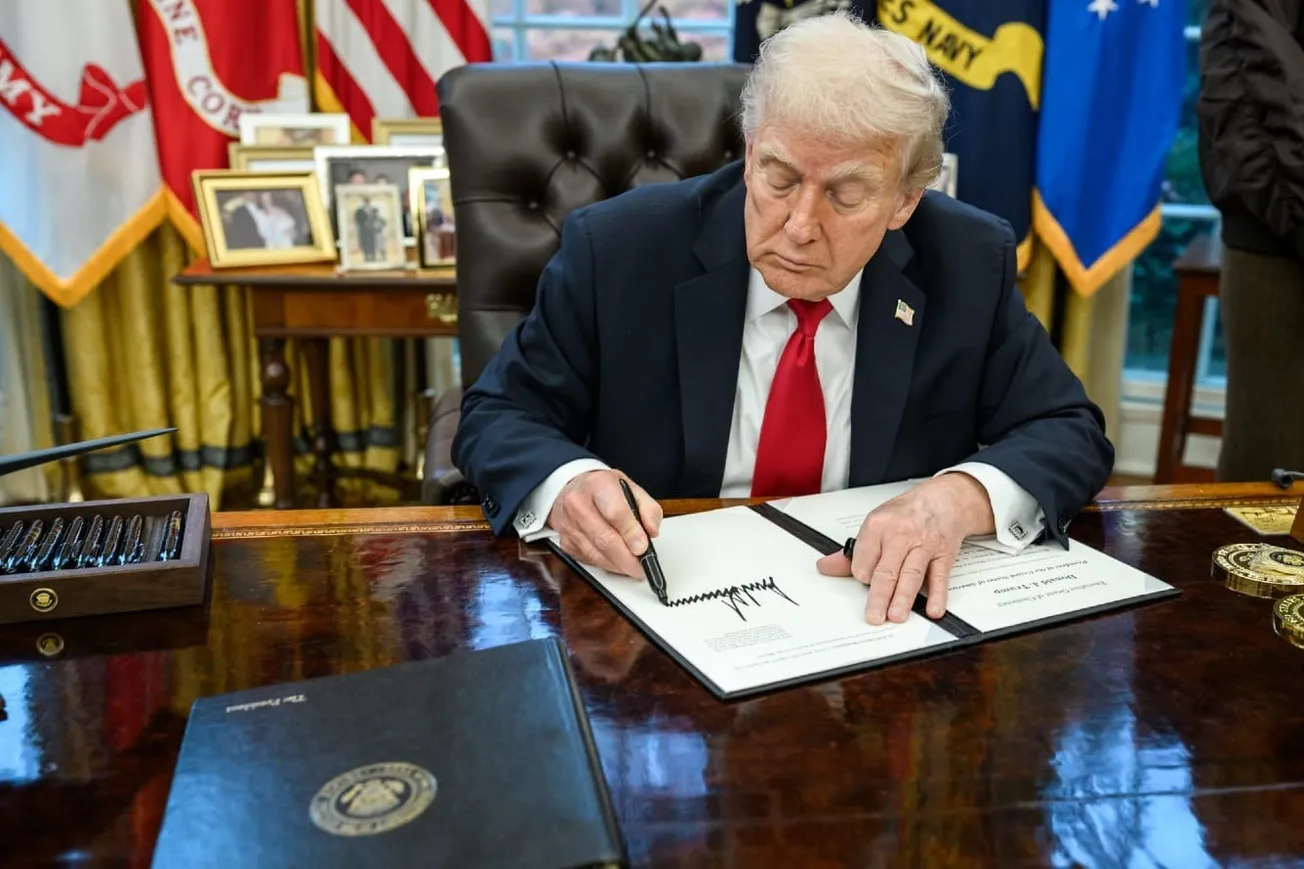By Mike Gonzalez via The Daily Signal | December 17, 2024
Conservatives’ eyes often glaze over when one brings up the periodic enumeration of people mandated by the Constitution. But here’s a reason for conservatives to sit up and start taking notice: The Left really cares about the census.
The Left sees us not as a unified nation with common purposes and aspirations but as a federation of different groups. Some of these groups are dominant, and others are subordinate. This fits neatly into the Marxian “oppressor v. oppressed” template that today’s Left promotes so heavily.
This is why generations of leftists have focused on the census, from race-based activists to downright communists, from W.E.B. Du Bois to Raul Yzaguirre and Linda Sarsour. The census creates groups and identities, and activists instill grievances in members of some groups, hoping to achieve societal change.
How does it work? The “Hawthorne Effect” postulates that men and women change their behavior when they know they’re being observed. When the census creates a racial or ethnic category, say “Asian Americans,” or the “Middle-East North Africa,” or MENA, that Santos now wants to introduce, some of its members will alter their behavior to respond to group dynamics.
The census also gives the categories the government’s imprimatur and thus valorizes them. “One encourages what one recognizes and dissuades what one does not,” was how the great, late social scientist Nathan Glazer put it.
The census is thus not just a boring, routine counting of the nation’s inhabitants. It has almost magical, conjuring powers. The Indo-European root of the word “census” itself means “to evoke in speech, almost to call a thing into existence by naming it,” wrote Claude Nicolet in 1980. This is why it has long-lasting, widespread effects.
The activists who fought in the 1960s and ‘70s to create such categories as “Hispanics” or “Asian Americans” knew all of this. They wanted people to change their behavior, to think of themselves as part of a group and not as Americans, and they wanted the government to ensure that they did.
The Left was clever—in the way the devil is clever, to be sure, but let’s give them their due.
Conservatives, as usual, didn’t know what hit them, and just rolled over.
In 1977, after nearly a decade of resisting the activists, the bureaucracy threw in the towel. The Office of Management and Budget issued Policy Directive No. 15, which created what we know now as the “Ethno-Racial Pentagon” of whites, blacks, Hispanics, Native Americans, and Asian Americans.
The new MENA category will now make that a hexagon, roughly racializing the religion of Islam into a category. Religion is mutable; race, even a government-created one, is not.
But, you might say, some Muslims are white, others black, and others different races still. It doesn’t matter. Once the government creates a racial category, the activists know that it will become one in the popular imagination. Look at Hispanics.
Trump’s Census Bureau chief must understand all this and help tear down this entire balkanizing edifice.
Working with the Office of Management and Budget, he or she must stop the push to create MENA. This is a category pushed by the racial grievance activists on an at-best ambivalent Arab American population—as the activists themselves admitted when they met at the bureau’s headquarters in Suitland, Maryland, in 2015 to plan MENA’s creation.
Ditto with the plan to shift Hispanics from ethnic category to race—Santos’s other big project at the moment. Ditch that, too, immediately.
But we need to go much further. Trump should rescind Policy Directive No. 15 and its subsequent revisions, and with the stroke of that pen eliminate the census’s racial pentagon (and obviate the hexagon). There is no need to divide people into these made-up races.
Some laws that require the collection of racial data might need to be amended. Congress can ask the Congressional Research Service to do an inventory of such laws and regulations (the latter can be changed by the executive).
Should the government collect any data on race? Glazer, a Democrat, came to believe, as many of us have, that it’s time to stop altogether. Glazer made an exception for black Americans. As he put it in a 2002 essay, “This is the group that has suffered from prejudice, discrimination, and a lower caste status since the origins of the Republic.”
Since then, we have elected a black president, a black vice president, and nearly made the latter president as well. It’s time to move on.
The racial data the census gathers is a faulty ground for policymaking. Successful Nigerian Americans over-identify as of Nigerian origin, for example, while successful Mexican Americans under-identify as of Mexican origin, skewing both populations in different directions.
Progressives will say that racial data collection helps to measure outcomes. The Left insists that racial disparities are prima facie evidence of what it calls “systemic racism.” But these categories are monolithic and arbitrary.
As Cato’s John Early emailed me, “Racial-ethnic distinctions are merely individual constructs of classification. They do not cause anything. The nature of averages in such variables as income, poverty, wealth, or health outcomes, is that if you divide up the population into several categories, invariably some of the categories will be above average, and some will be below average.”
Background variables such as family formation, educational access, values, personal choices—all these have a lot more to do with outcomes.
Eliminating all the artificially created racial and ethnic categories makes sense, and people would support the government doing so. Questions on citizenship make much more sense.
The people voted for decisive action, and the president was not elected to implement half-measures. It’s time to make changes at the Census Bureau that count.
Originally published in the Washington Examiner
Mike is the Angeles T. Arredondo E Pluribus Unum Senior Fellow in the Davis Institute for National Security and Foreign Policy at The Heritage Foundation
Olink







